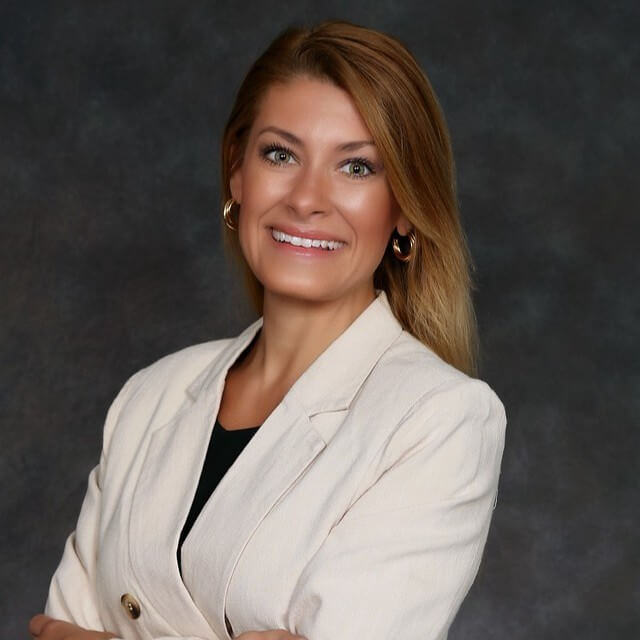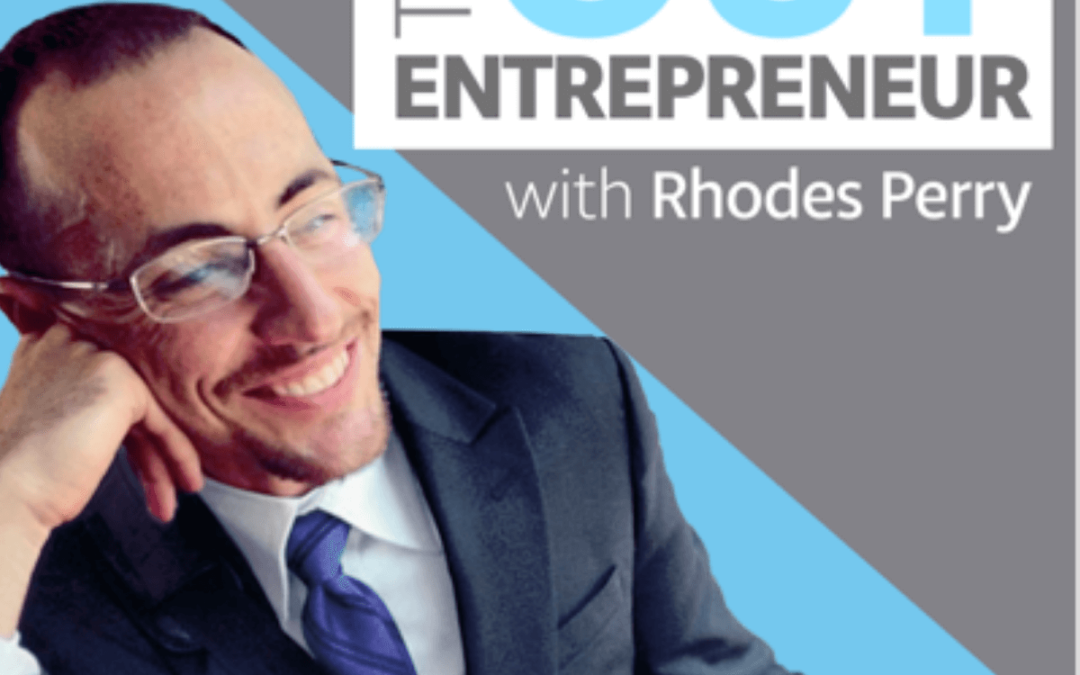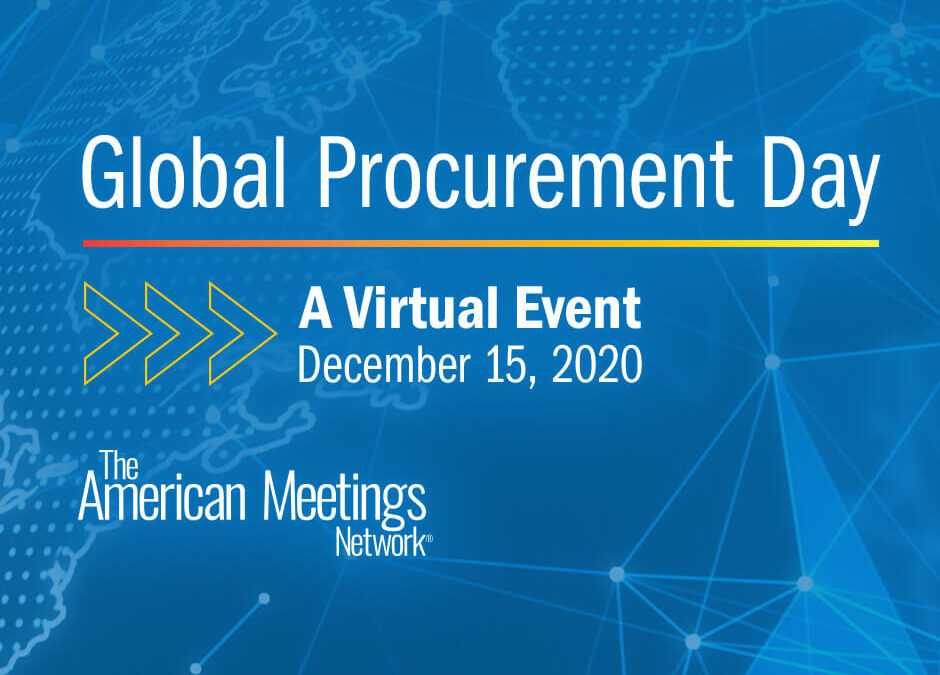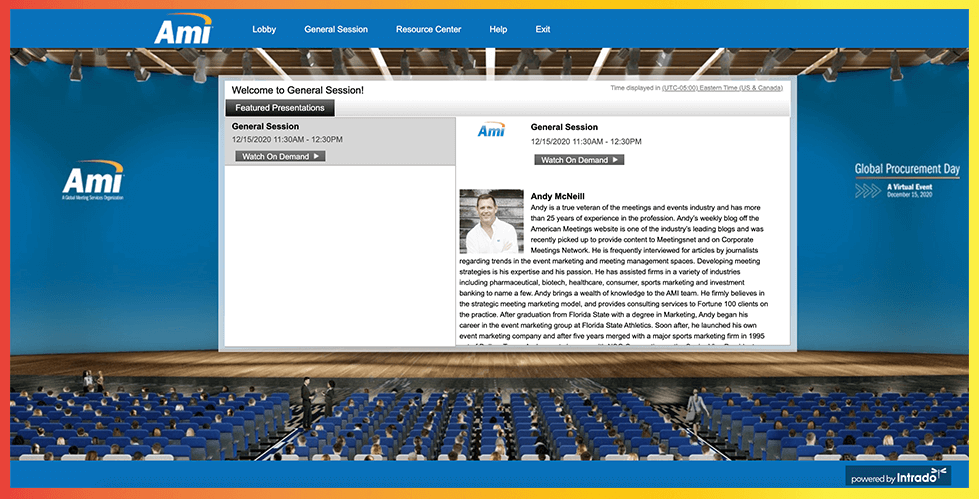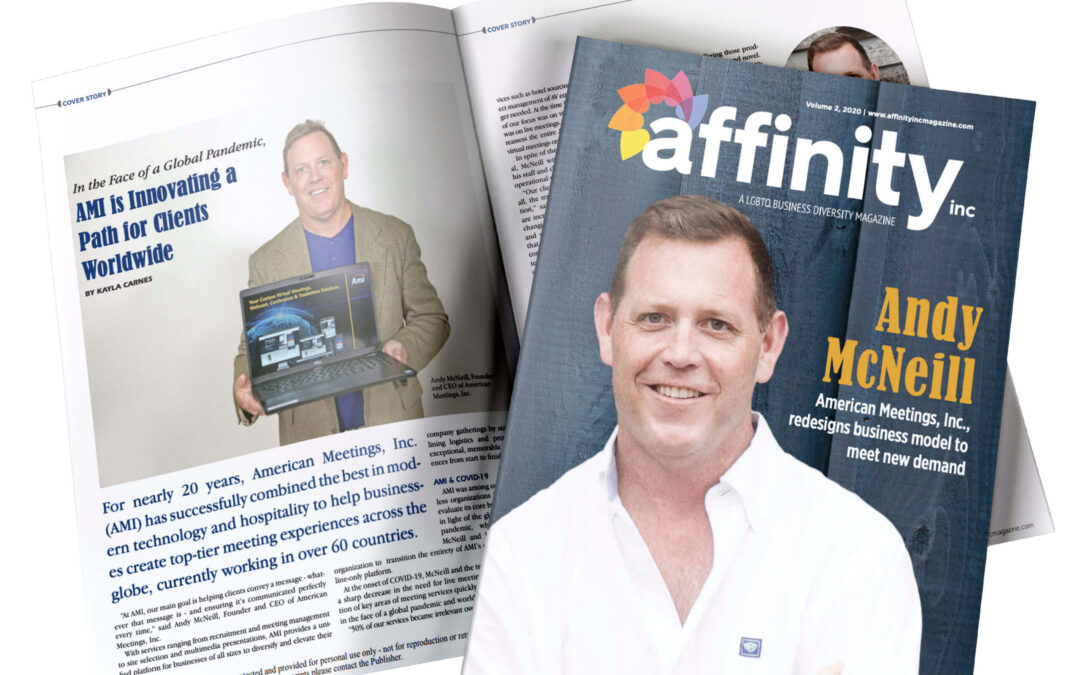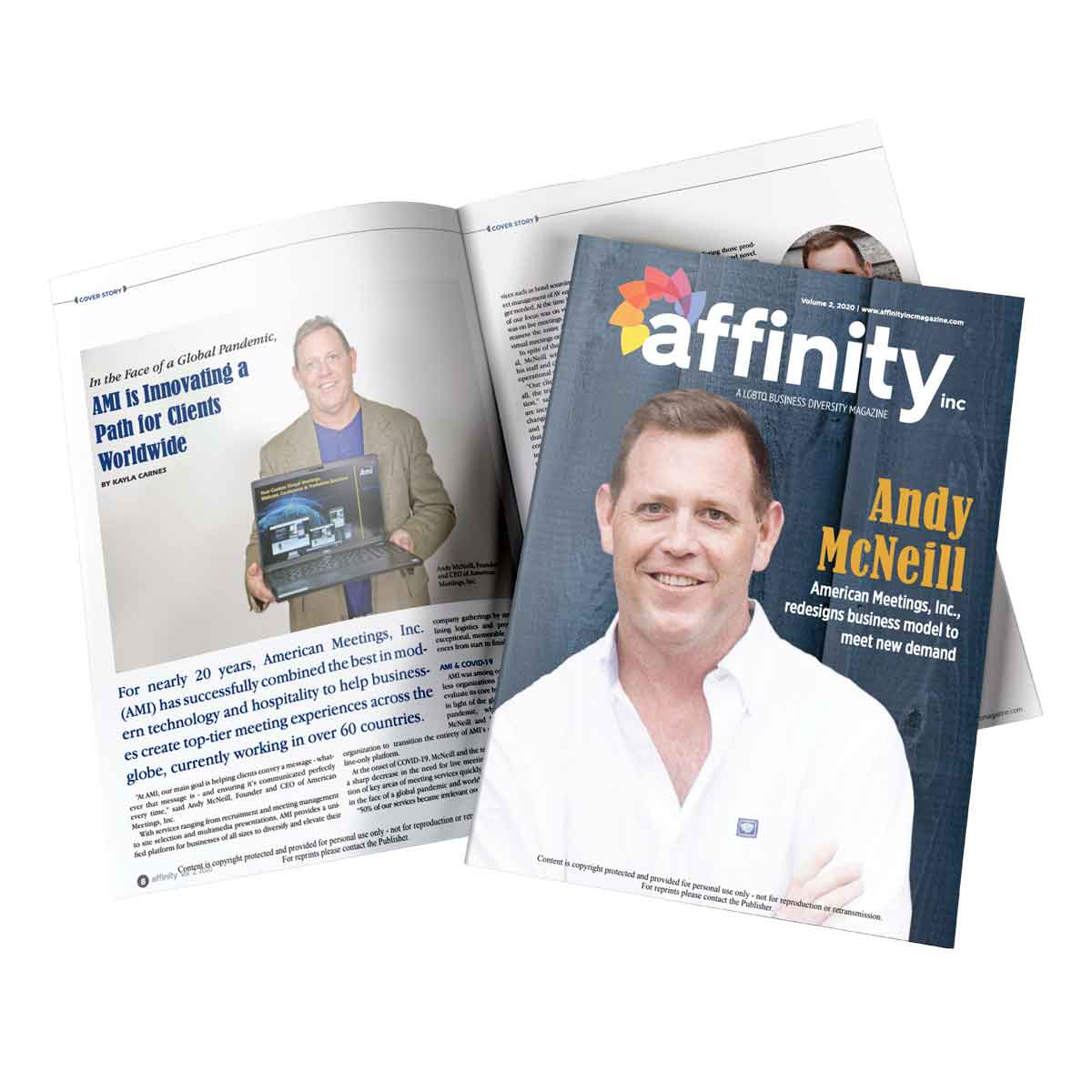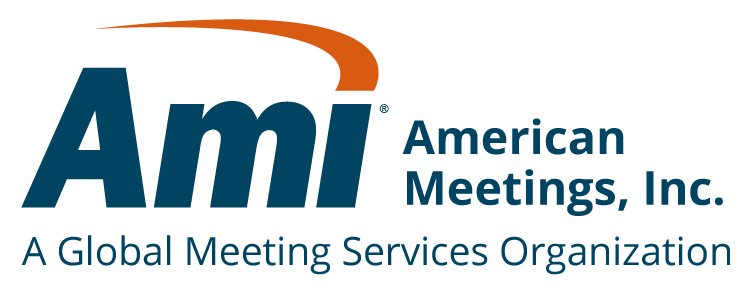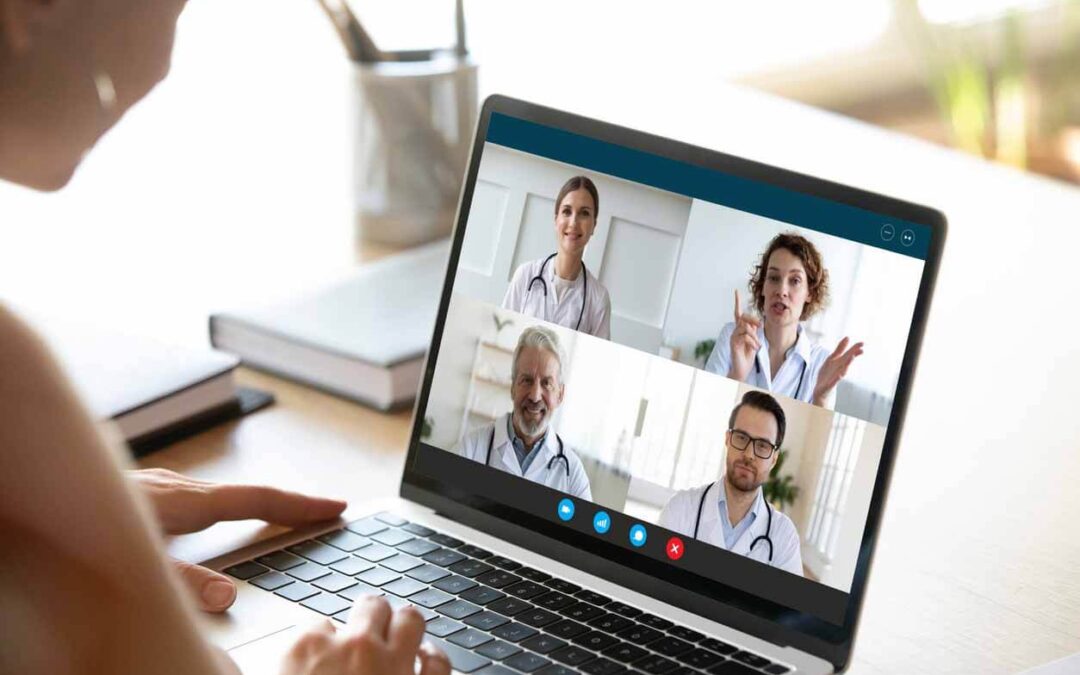
by Annie Fernandez | Jun 23, 2020 | News
We recently sat down to interview Marc Viens, MS, CMM and Co-Founder of AXIS Medical Education in Fort Lauderdale, Florida to determine the impact the recent pandemic has had on medical continuing education.
Impacted by the COVID – 19 pandemic, as many industries were, AXIS found themselves in a prime position to get a quick pulse on what was happening on a national basis by creating a survey to gauge interest, accessibility, and need for live event continuing education.
While he primarily focused on the area of medical education trends in Oncology, the information is incredibly helpful to know as the trends are likely wider reaching.
AMI: What is your overall consensus about the survey findings?
Marc Viens: As we looked at previous surveys we conducted, there were similar response patterns: learners like live meeting formats; online education has taken its place to complement live meetings; and there is still a desire for print based education.
What is apparent is the overwhelming willingness for learners to embrace technology for their education during this pandemic.
Another important data point that emerged was that 73% of healthcare professions were under some form of travel restrictions; and that 41% stated they would avoid live meetings for 4 -6 months at their own institutions, and 28% stated they would avoid international travel for 7-12 months. This data was really important to have for a live meeting company and helped shape our business decisions. (AXIS Medical Education, 2020).
“This data was really important to have for a live meeting company and helped shape our business decisions.”
AMI: In your opinion, what areas of a live educational program cannot be transferred to a virtual platform?
MV: Live education offers the opportunity for robust interaction. This includes the interaction with the speaker and stimulates discussion within the institution’s care teams. Many speakers are quite talented and pulling out compelling clinical discussions during a presentation. While I believe this can occur in an online format, the live, in-person format, (AXIS prefers to call this live “place of practice” education), is a time-tested format for the healthcare team.
AMI: Are there certain areas of the globe you believe will turn back to live meetings first?
MV: I am not really able to speak to timing, but my inference is we will likely see live meetings more-or-less opening up at the same time. As geographic areas report fewer reported cases, we may see live meetings within local and regional areas return sooner than international ones. The larger format conferences tend to have global attendees, so there will need to be a world-wide lift on travel bans, hotel closures, and evidence that large gatherings are safe to conduct, before anything can occur.
AMI: Are you seeing any softening on restrictions of travel by institutions yet?
MV: So far, not really. We are hopeful toward the end of the year, perhaps the fourth quarter, we will be able to resume our live, in person meetings. This will be dependent on the continued decline of reported [COVID-19] cases and the ability for the travel industry to manage the safety of travellers and those who support the travel industry. Additionally, due to the pandemic, there will be substitutional fallout of travel providers. We may see a reduction in travel options and pricing changes (Business Travel News, 2020).
However, what is really important to grasp is that healthcare professionals are uniquely vulnerable during this pandemic. First, as most everyone can assess, is that most institutions treat patients who are infected with the COVID – 19 virus. As such, it is quite risky to have a speaker from another institution, who has traveled through an airport then on the plane, come in to speak, and then return to their institution, having once again traveled to return to their home institution.
One can see that there is a lot of opportunity for exposure to infection. Further, within institutions themselves, we have been told there are restriction on the size of gatherings. So, this quite limits the opportunity to have any sized meeting beyond a handful of learners.
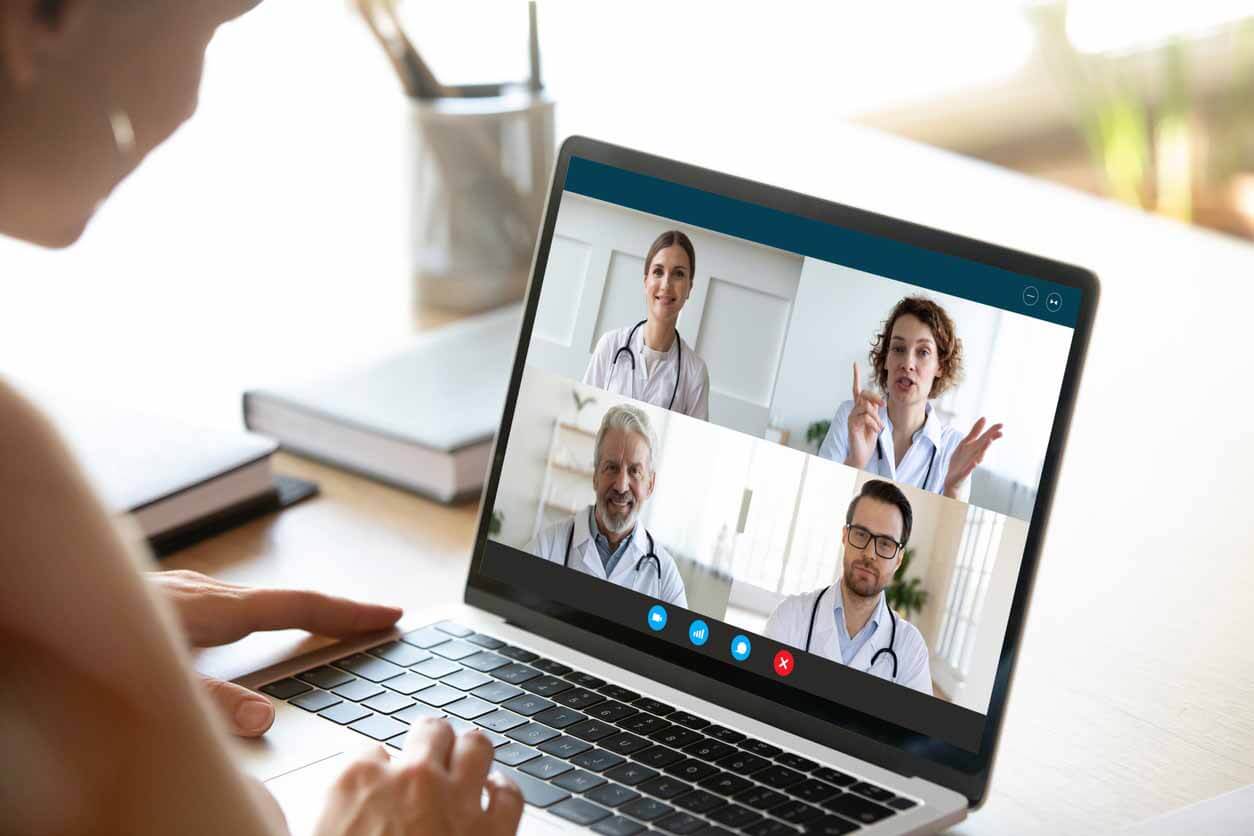
AMI: Within the medical community, what are you seeing from a live meeting standpoint? Are they being rescheduled?
MV: What we are seeing a tremendous effort to move some of the largest global meetings to online web streaming formats. For example, the American Society of Clinical Oncology last year had an attendance over 42,000 – thirty-five percent of those were international.
This year the entire annual conference has been moved to a virtual environment, including sessions, educational symposia, poster presentation and exhibits (American Society of Clinical Oncology, 2020).
The same is true for the Oncology Nursing Society. This congress was scheduled for April and was entirely cancelled. Think of that! A conference of 4,000 just cancelled weeks before the event. As meeting planners, your stomach just drops thinking about that! This entire congress is now going virtual and will be conducted later this year (Oncology Nursing Society, 2020).
Most of our live meetings have been moved to live streaming webcasts though October. Our recruitment team has quite a list of institutions that want us to touch base in the late fall to see about scheduling live meetings again.
Healthcare professionals are always seeking education. This is the primary way they stay up to date with current care guidelines. So, we are seeing meeting organizers stepping up to ensure that the educational needs of healthcare professionals are being met, even during this pandemic.
AMI: Do medical professionals prefer on-demand or live streaming content?
MV: Historically, our data show that overall, the interprofessional care team prefer live, in person meetings, specifically, live meetings within their institutions, then followed by live meeting at conferences such as symposia.
When it comes to both synchronous (live web streaming) and asynchronous (on-demand,) the preferences are close. Our data show that 81% are extremely or very likely to participate in an Internet live streaming activity; and 79% would engage an on-demand activity.
AMI: Do you find because of the increase of telehealth, medical professionals are more, or less, receptive to online formats?
MV: I do not believe telehealth and online education are tied together that closely per se. Telehealth has been a growing tool for provider-patient interactions. What I see is that technology offers greater expansion for both clinical practice and education.
AMI: In your opinion, what does the educational landscape look like in 2021?
MV: It will change. Likely there will substantive reduced travel leading to more virtual meetings. As the effects of the pandemic wane, and the disease is brought under more control, it seems inevitable that the pent-up demand for live interaction will drive the return of live meetings. Certainly, the meetings and gatherings will be smaller and likely more controlled, but they will return.
Editor notes: references were provided by Marc Viens regarding information he cited during the interview. See below.
References
